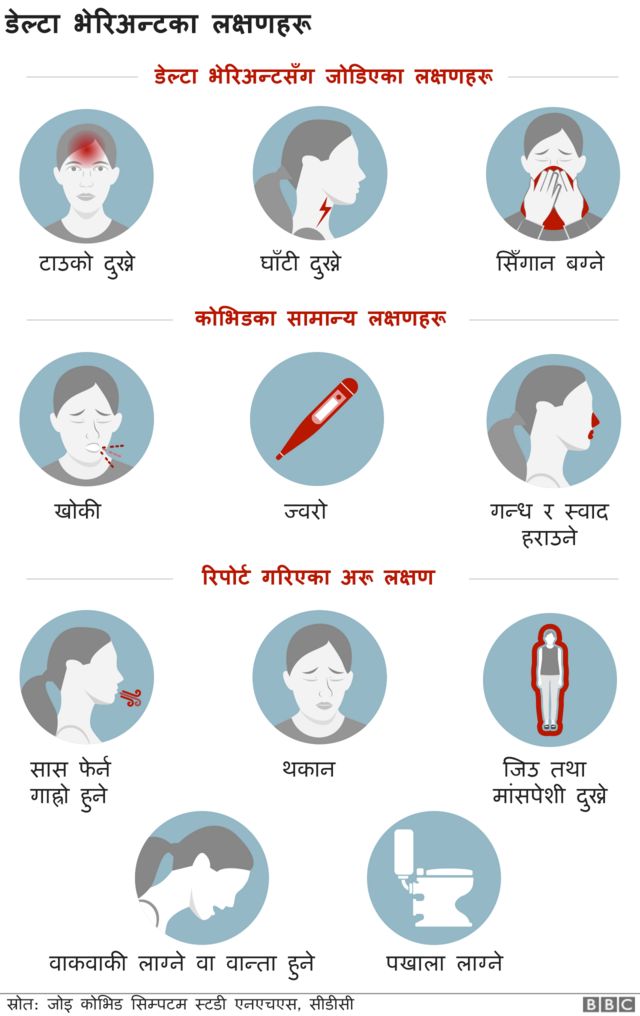COVID-19: What is the risk of coronavirus infection in vaccinated people, even without a mask?

KATHMANDU: AUGUST 16 – According to the Ministry of Health and Population, the coronavirus confirmation rate in Nepal has been between 20 and 25 percent for the past few weeks.
Health experts say it is a matter of concern that infection rates have not yet dropped amid the projection that children will be more affected by the third wave of the COVID-19 epidemic.
Another concern is the inability to strictly adhere to and enforce public health standards as soon as the restrictive measures are relaxed.
The former director of the Division of Epidemiology and Disease Control, Dr Basudev Pandey suggests.
Minister of State for Health Umesh Shrestha had told the parliament on Thursday that the government aims to vaccinate 150,000 to 200,000 people daily.
As per the details published on Sunday afternoon, the number of people fully vaccinated in Nepal has exceeded 3.364 million.
The Oxford-AstraZeneca vaccine, the Chinese-made Vero Cell and the American Johnson & Johnson vaccine have arrived in Nepal.
The Johnson & Johnson vaccine requires only one dose, but two doses of AstraZeneca and Vero Cell.
![]()
Does vaccination prevent infection?
Public health experts and infectious disease experts say that the notion that there is no infection after a full dose of covid vaccine is wrong.
Infectious Disease Specialist Dr Anup Subedi explains.
“The Oxford-Astragene vaccine used in Nepal has also reduced the delta variant, reducing the ICU admission rate by an average of 90 percent and the mortality rate by about 95 percent.”
He said that the use of the vaccine in European countries has made it easier to get statistics.
Although no data is available on the effectiveness of the Vero Cell in the case of the Delta variant, he says that in the case of the Alpha variant, “it has reduced the rate of normal infection with symptoms by 50 per cent.”
According to Dr Subedi, people who have been vaccinated are also more likely to get the infection with normal symptoms.
The current director of the Epidemiology and Disease Control Division and spokesperson of the Ministry of Health, Dr Krishna Prasad Poudel also says that even vaccinated people are getting infected.
“The difference is that people who have been vaccinated are less likely to develop complications even if they are infected because they have developed antibodies than people who have not been vaccinated.”
“None of the vaccines we administer are 100% effective. Therefore, vaccination is not exempt. ”

Can a vaccinated person not transmit the virus?
The vaccinated person can transmit the coronavirus.
According to experts, such people are more likely to be infected even after being vaccinated.
“There are no statistics in this regard at present. But people who have not been vaccinated are less likely to be relocated, ”said Subedi.

What happens when you don’t wear a mask after vaccination?
In the past, people who have been fully vaccinated in the United States have been advised not to wear a mask in some cases.
“But later, when the highly contagious Delta variant began to spread there, people who were fully vaccinated were told to wear masks, especially indoors.” At the same time, we don’t stop wearing masks when we look at pollution, ”suggested Subedi.
“Another thing is that people who have been vaccinated are also more likely to transmit the infection, so from a public health point of view, they have to wear a mask.”
According to Dr Poudel vaccinated people may not develop the same level of immunity.
“You don’t know which person’s vaccine works most effectively by looking at their face. So even among vaccinated people, it is best to wear a mask. ”
He suggests that public health standards, including whether or not they are vaccinated, should not be forgotten as a weapon to prevent infection.
-BBC (Nepali)









